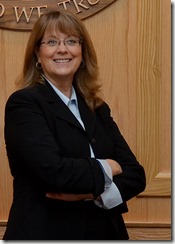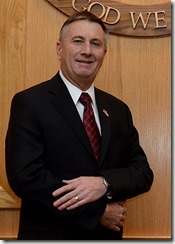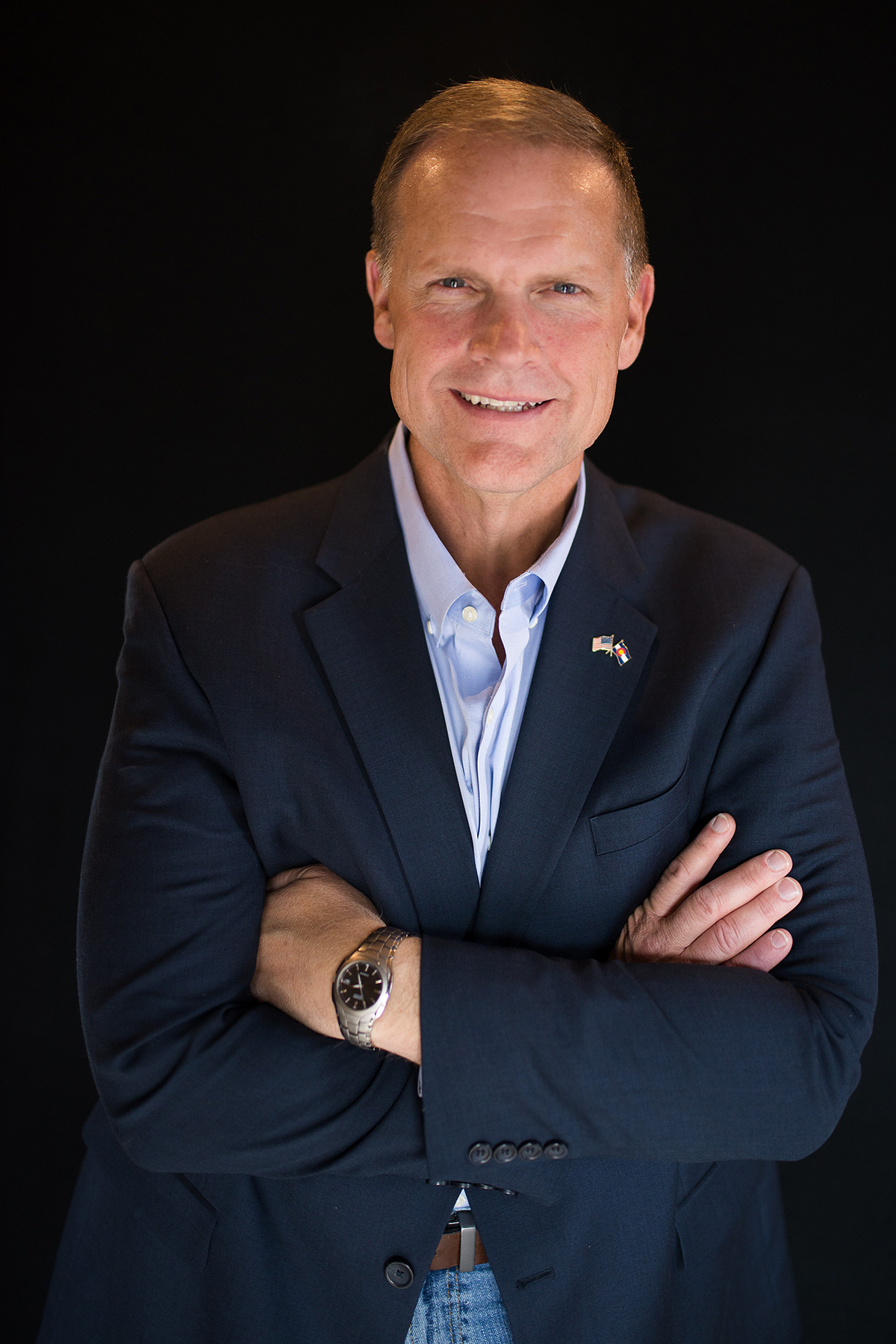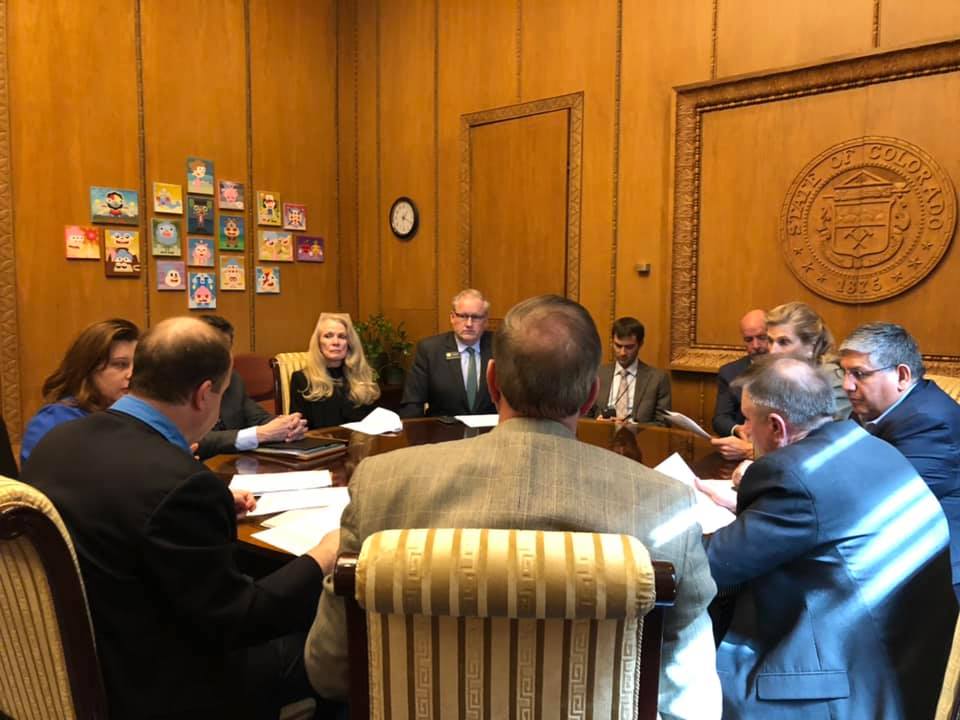EDITORS NOTE: This is the second in a series of stories by Complete Colorado reporter Sherrie Peif on the impact to Weld County and Colorado should Senate Bill 19-181 become law. Part one can be found by clicking here.
GREELEY — Weld County Commission Chairwoman Barbara Kirkmeyer and Chairman Pro Tem Mike Freeman don’t talk about Senate Bill 19-181 in terms of if it gets signed into law, but rather when it gets signed into law.

“I don’t feel any more optimistic now,” Kirkmeyer said about repeated attempts to reach out to the bill’s drafters and the governor with amendments. “In fact, I feel less optimistic now.”
Opponents say the bill, which will make sweeping changes to how oil and gas is regulated in the state, is a slap in the face to voters who just recently rejected significant oil and gas restrictions by overwhelmingly voting against Proposition 112 in the November election.
Those in favor of the bill say it finally allows communities to place moratoriums, increase regulations or even ban drilling if they choose.
Freeman summed up his thoughts in one sentence.
“You’re giving local control to counties that are opposed to oil and gas,” Freeman said. “But you’re not giving local control to counties that support oil and gas.”

Freeman and Kirkmeyer say the damages to the state — and especially Weld County — are numerous and possibly devastating.
“I think if you eliminate oil and gas in Weld County you will bankrupt the state,” Freeman said. “And how are you going to pay for all the things Gov. Polis wants like all day kindergarten and a change in health care and all these other things when you are taking away the amount of revenue that is coming in from oil and gas. You can’t have it both ways.”
According to an analysis done by Weld County’s Director of Finance and Administration Don Warden, the results of SB 181 will mean a 9 percent reduction in overall revenue to every taxing district, municipality and county in Colorado.
The reduction comes at an even bigger cost to Weld County’s economy — where 68 percent of the state’s new well permits were located in 2018. Weld County accounts for 90 percent of the drilling in Colorado and is the second most productive county in the United States.
“Impact from the loss of tax revenues from SB 181 would be felt in a very short time,” Warden wrote. “The consequences being a dramatic service reduction for fire districts, water districts and sanitation districts.”
Commissioners have met on multiple occasions with Gov. Jared Polis to plead their case, but they all say the conversations have fallen on deaf ears.

Commissioner Scott James said at a recent meeting that Polis was either ignorant of the specifics of the bill or disingenuous.
Freeman, who has met with Polis more than once, agreed, saying Polis’ insistence that nothing will change in Weld County, is simply not true.
“It appears to me it is only local control if you chose to go above and beyond what the state sets,” Freeman said, adding Polis’ argument is that the Colorado Oil and Gas Conservation Commission (COGCC) could implement large setbacks under the current rules. “I don’t disagree,” Freeman continued. “What’s changed is (the) new makeup of the oil and gas commission is suggesting that they make (regulations) that make oil and gas production much more difficult.”
Those changes frustrate Freeman, who called Democrats behind the bill “arrogant.”
“That failed 55-45 statewide,” Freeman said of Prop 112. “Essentially, they are saying they don’t care what the citizens want, they are going to go in their own direction. Looks to me like what you’ve got is a Senator from Boulder County. The Speaker of the House is another Boulder County Democrat. And the Governor of this state who’s also a Boulder County Democrat. Their entire intention is to ban oil and gas in the state of Colorado.”
Freeman would like to think some legislators are starting to realize the damage this bill would do, such as Senate President Leroy Garcia, D-Pueblo, who is currently holding a Senate seat that voters recalled over gun legislation in 2013.
But Freeman’s not holding his breath, pointing to the legislative changes Democrats are making at an unprecedented speed.
“They are now going after guns,” Freeman said. “They are going after oil and gas. They’ve essentially said our vote doesn’t count in a Presidential election. They’ve got a bill to abolish the death penalty, and they’ve got this crazy sex education thing,” Freeman said. “I think there is a tremendous overreach, and there is going to be a price to pay.”
Freeman, who spent many years on both the Highland Re-9 School District Board of Education and the Aims Community College Board of Directors, was also critical of the lack of transparency and truth in the bill’s preparation.
“I think it’s truly disingenuous to not put the true fiscal note on what SB 181 does,” Freeman said. What they are missing is the financial impact on K-12; it’s just devastating. Just in Weld County, oil and gas property taxes put about $200 million into K-12. Somehow, they are going to have to backfill that, but there is no way they can do that.”
WHAT’S TO COME —
The Weld County budget shouldn’t see too much immediate impact because oil and gas production revenue is two years in arrears, but Kirkmeyer says it will eventually catch up to everyone.
The decrease in drilling will result in a drastic drop of property taxes to Weld, which has an assessed value that is second highest in the state, only to Denver. That assessed value is mostly in oil and gas, which is taxed on 87.5 percent of that value.
Warden said of the nearly $850 million in property taxes paid in Weld this year, more than $490 million of that will be paid by energy companies.
“The ultimate impact could be that the State of Colorado, under the state’s school finance act, would have to make up the loss in revenue from other state revenue sources to keep the schools financially whole,” Warden wrote.

That isn’t true for the other taxing districts, however, such as Aims Community College, whose budget counted on more than $38 million in oil and gas property tax revenue in 2018 and the High Plains Library District, which collected nearly $21 million in revenue in 2018.
The commissioners said they are exploring all options in preparation for what’s to come, including possibly challenging the bill in court.
But in the meantime, Weld residents don’t have to worry about a few things.
The mill levy: For the past few years, Weld County Commissioners have temporarily lowered the county mill levy rate though a rebate formula. That rebate amounts to about $100 in tax breaks on every $200,000 of residential property.
Kirkmeyer and Freeman said they may not be able to increase the rebate down the road, and they don’t foresee taking back what’s already been granted. However, that comes with a tradeoff, such as in 2009 when all departments were forced to cut back by 15 percent and another 10 percent in 2010, Kirkmeyer said.
“We are very conservative and financially prudent,” Kirkmeyer said. “What I think will actually occur is the county commissioners will cut services before they increase taxes.”
There are also no plans to discuss a county sales tax.
“That will not happen,” Freeman said. “I can’t speak for future county commissioners obviously, but that would be something that I will never support, under any circumstances.”
Kirkmeyer said she is just very disappointed that after years of working to build the state’s economy back to one of the top economies in the country, legislators are going backwards.
“After every rule making there has been (between a 20 and 40) percent drop (in new well permits)” Kirkmeyer said about regulation changes in 2008, 2011, 2014, 2015 that saw statewide permits go from a high of 8,027 in 2008 to a low of 2,835 in 2016 and a bounce back to 5,116 last year. “We finally start to build back up to where we are only were only 40 percent less than where we were in 2008, and now were going to go through more extensive rule making. “
Kirkmeyer called SB 181 a de-facto ban.
Last year, of the 10,000 plus drilling permits submitted to the COGCC statewide, 80 percent were filed by Oct. Of those, more than 6,100 are still waiting to be processed, and of those, about 4,500 are in Weld. Kirkmeyer doesn’t believe any of them will ever get permitted.
“They are on hold, and have been on hold since at least December,” Kirkmeyer said, adding there is no clear answer as to who gets to make determinations on subjective new regulations. “It says very specifically in the bill that all these rules have to become effective. The director may refuse to issue a permit.”
A preliminary list of criteria that could cause a well permit to be denied include such things as:
- A well is located in a municipality.
- A well is located in Boulder, Gunnison, Routt, Huerfano, Pitkin or Delta county.
- Any location added by the Governor’s office.
- Any location that the office of Oil and Gas Location Assessment has concerns with.
- The application has received comments from any group with concerns.
“They are either going to severely reduce the number of permits that will be approved, or they are putting a halt essentially to all the permitting.” Kirkmeyer said.


